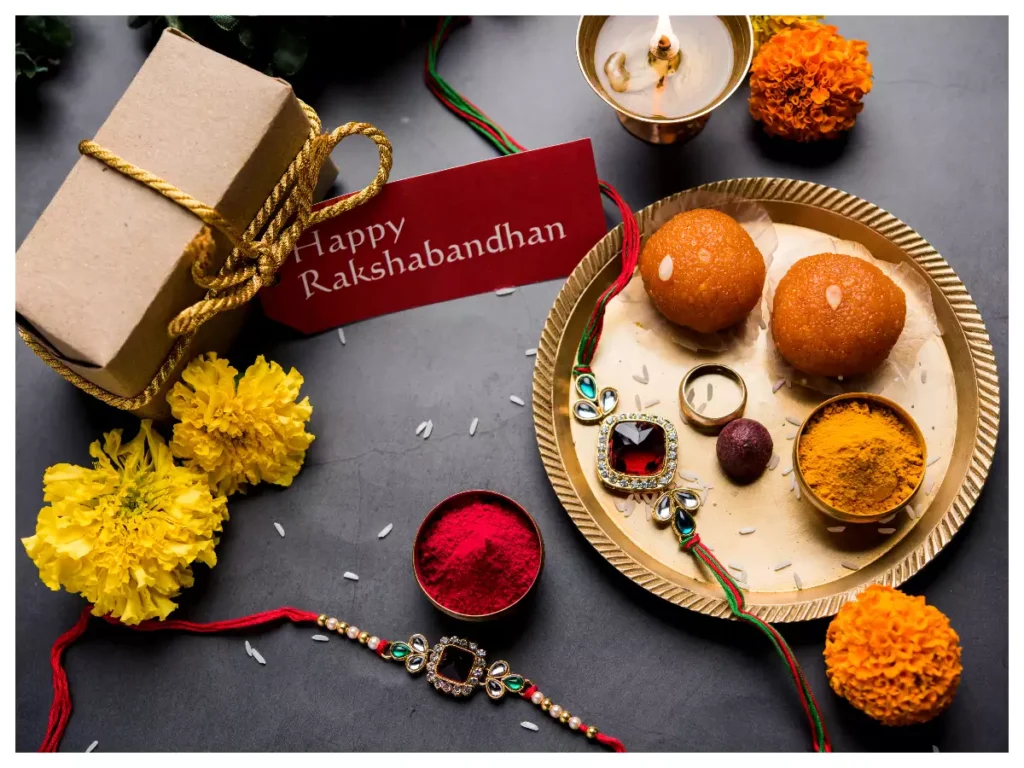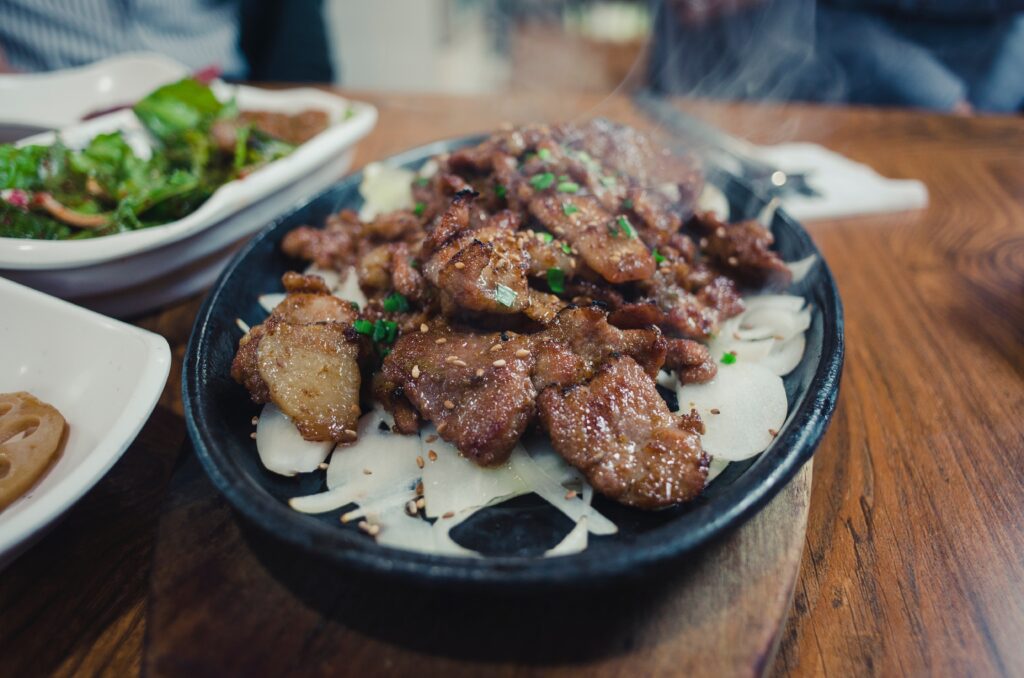
Before discussing dialysis friendly Indian sweets, it is important to understand what is dialysis? Dialysis is a life saving treatment for patients with end stage kidney disease. It is a procedure that involves cleansing of blood with help of an artificial filter called a dialyzer. This dialyzer does the job of filtration which is otherwise done by healthy kidneys. When kidneys cannot perform this job efficiently, they need an artificial support which is given through dialysis. However, dialysis procedure is usually performed only 2-3 times a week for 3.5-4 hours and this leads to accumulation of waste products in the body during the interdialytic (between two dialysis sessions) period. Due to this, patients need to follow a diet that generates less waste products in the body. This diet is known as dialysis diet. Your nutritional consultant can help you select foods wisely.
There are several waste products that build up in the body of dialysis patients but the ones that may pose major threat leading to emergencies are fluid, salt and potassium. Hence, patients need to select recipes cautiously especially during festivities. Dialysis patients need to avoid recipes that contain extra fluid (and all other items that are fluids at room temperature like ice-creams), salt especially hidden salt (like baking soda or baking powder), artificial preservatives and additives like food colour, taste enhancers, etc. Also, it is certainly recommendable to prefer homemade recipes as they can be altered in a way so as to make it suitable for dialysis patients.
Herewith are 10 delicious, dialysis friendly Indian sweets on occasion of Rakshabandhan. These sweets are healthy alternates to usual unhealthy ones for patients on dialysis. These sweets can be made appetizing using flavouring agents like elaichi (cardamom) powder, dalchini (cinnamon) powder, jaiphal (nutmeg) powder, kesar (saffron) strands, etc.
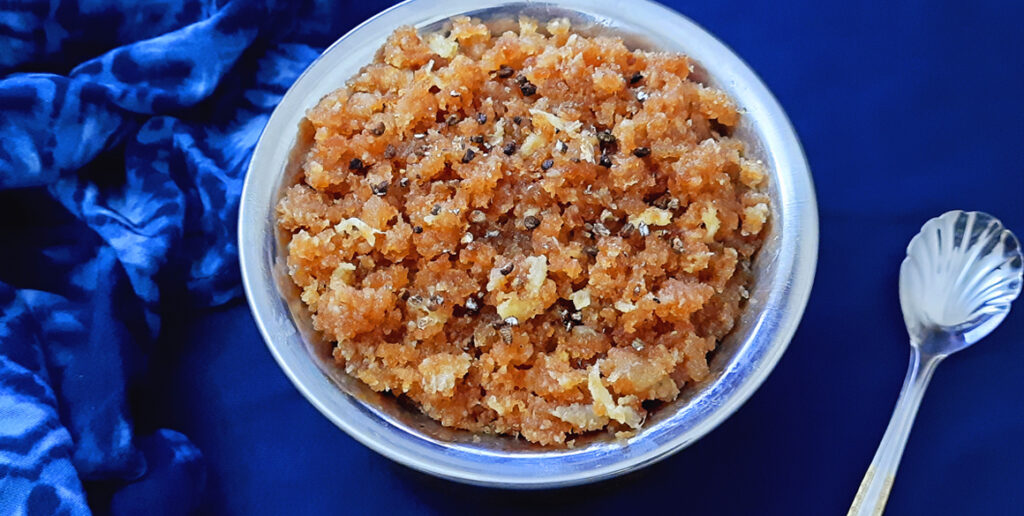
- Replace kheer with halwa/ sheera: Kheers may add to additional fluid and hence they can be replaced with something containing lesser fluids like halwa/ sheera. Suji and wheat flour both can be used to make sheera. Also, vegetables halwas like lauki halwa/ carrot halwa can be preferred instead of kheers.
- Consider replacing gulab jamun with rasagulla: Gulab jamun involves deep frying and may not be recommendable for patients with diabetes / heart disease. Hence, it can be replaced with rasagulla. As rasagulla is made up of paneer which is a good source of proteins it is a healthy option for dialysis patients. Patients with diabetes too can consume rasagulla however with slight modification; they can soak it in chilled water for 3-4 minutes and then squeeze out water completely. This way the sugar may get drained in chilled water making it safer for people with diabetes. Rasagulla is one is the most easily available and widely acceptable dialysis friendly indian sweets.
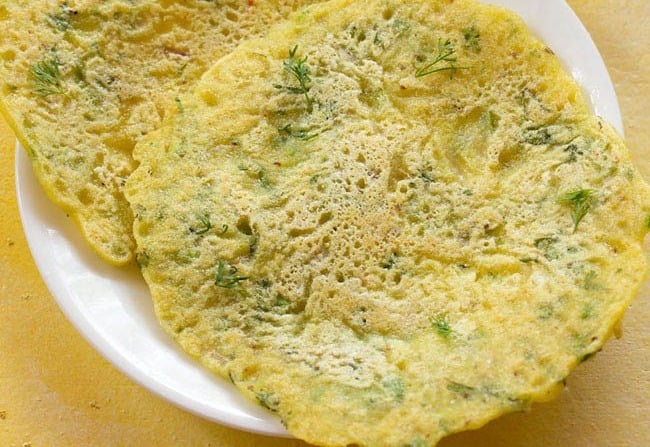
3. Try sweetened rawa chillas instead of shahi tukda/ malpuas: Shahi tukda / malpua may seem extremely relishing however may not impart healthy calories. It is advisable to replace them with sweet rawa chillas. People with diabetes can add an artificial sweetener to sweeten these chillas.
4. Replace jalebi/ boondi laddos with suji or laddos with protein powder: As dialysis patients need high protein diet, they are usually prescribed high protein supplements. These supplements (protein powders) can be added to suji to make healthy and tasty laddos.
5. Consider replacing kaju katli with mithi seviya or mitha poha: Kaju (cashews) may not impart any major health benefits for dialysis patients; hence opting for low potassium recipes may be a wise option. Seviya and poha both are low potassium recipes and extremely recommendable for patients who have complains of hyperkalemia (high levels of potassium in blood). Both these options are easy, inexpensive and quick and so are a must go on the list of dialysis friendly indian sweets.
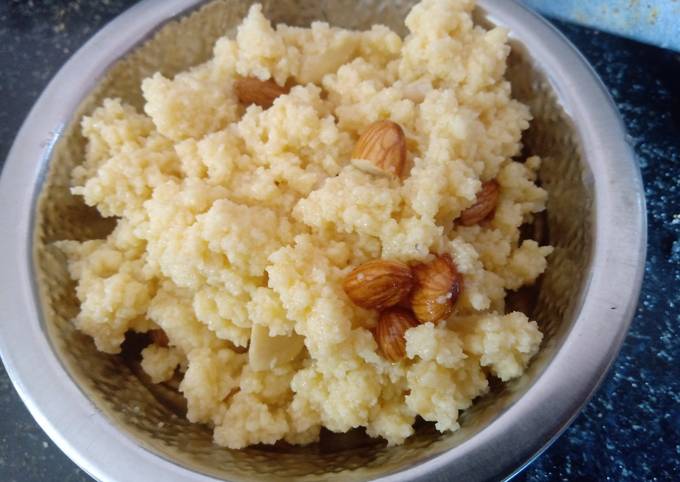
6. Try replacing chocolates/ cookies with paneer halwa: Chocolates may add to harmful elements like potassium and phosphorus and cookies may at the same time add to hidden salt (in the form of baking soda or baking powder) and excess saturated fats (like margarine). Hence, switching to some homemade recipes like paneer halwa can be a better option as it does not add significantly to potassium and neither any hidden salt. For patients who need to avoid milk and milk products due to high phosphorus levels in the blood, they may opt for suji halwa.
7. Prefer replacing coconut burfi/ coconut modaks with sandesh: Sandesh is one of the most quick, easy and healthy dialysis friendly indian sweets which is made up of paneer. It is highly recommendable for dialysis patients as it is a first class protein. On the other hand, coconut is a high potassium ingredient and should be avoided by dialysis patients or it may lead to rise in potassium level in the blood.
8. Consider replacing milk shakes/ ice-creams/ rabdi with shrikhand: Any recipes containing additional cream are an added source of saturated fats. These saturated fats are dangerous for heart health and as against them, shrikhand which is made up of curd (hung curd) does not contain excess saturated fats and is a first class protein. Hence, it is highly recommendable for dialysis patients.

9. Replace cakes/ pastries with kalakand: Cakes/ pastries too contain hidden salt and saturated fats like margarine whereas kalakand is a milk and paneer based recipe which is a good source of higher calories as well as high proteins; an essential combination for dialysis patients.
10. Prefer replacing khoa based gujiyas with besan laddos: Khoa is again a rich source of saturated fats and when we deep fry them, they again add to excess saturated fats. Besan (gram flour), although a second class protein; is a low to medium potassium flour. Hence, it is a good sweet option for dialysis patients. As it is a quick recipe and has a good shelf life, it can be given often to dialysis patients who need to add healthy weight.

